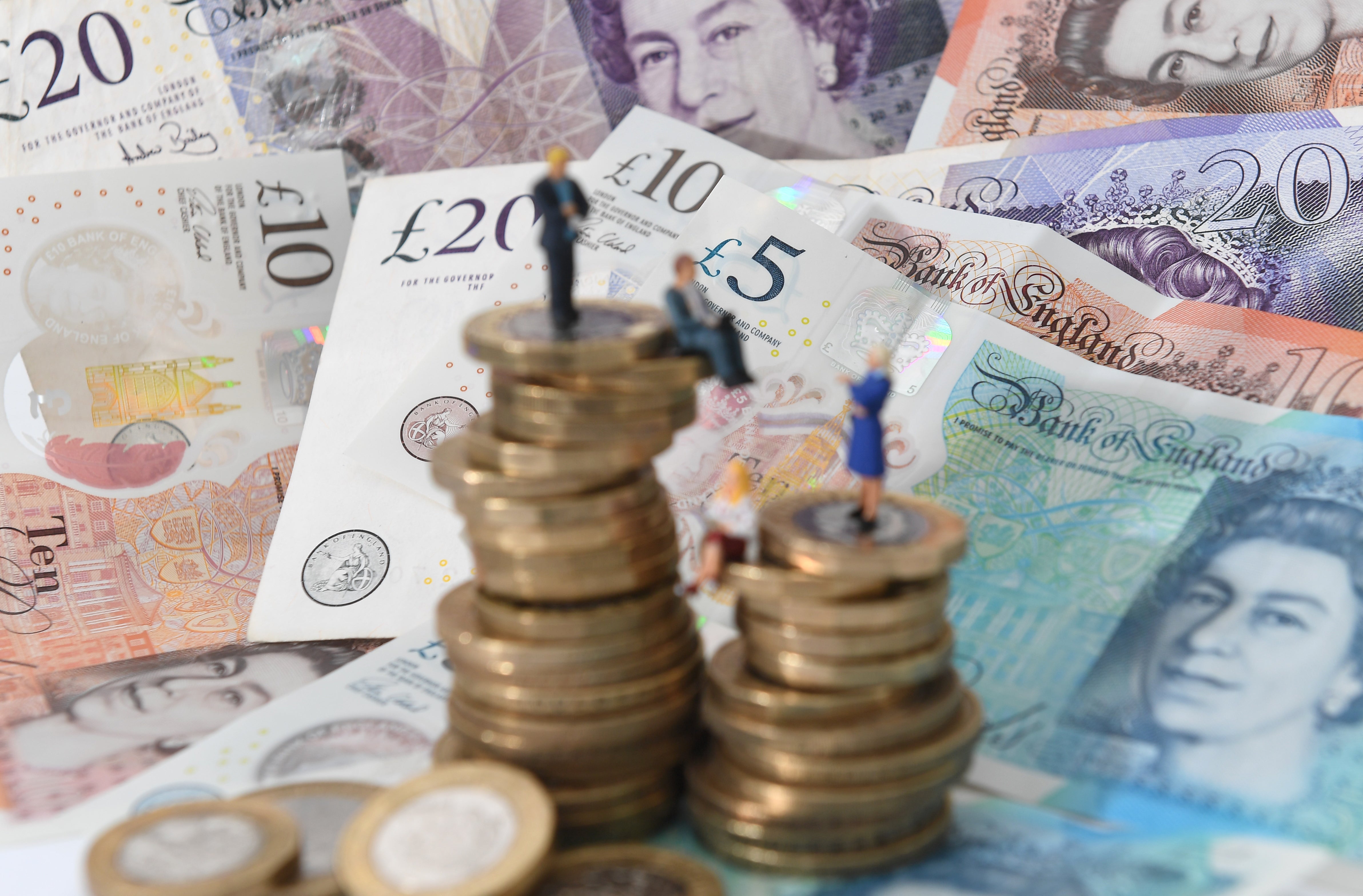UK families ‘nearly £9,000 worse off than in comparable countries’
A report by the Resolution Foundation and LSE found the incomes of the poorest UK households are 40% behind counterparts in similar economies.

Your support helps us to tell the story
From reproductive rights to climate change to Big Tech, The Independent is on the ground when the story is developing. Whether it's investigating the financials of Elon Musk's pro-Trump PAC or producing our latest documentary, 'The A Word', which shines a light on the American women fighting for reproductive rights, we know how important it is to parse out the facts from the messaging.
At such a critical moment in US history, we need reporters on the ground. Your donation allows us to keep sending journalists to speak to both sides of the story.
The Independent is trusted by Americans across the entire political spectrum. And unlike many other quality news outlets, we choose not to lock Americans out of our reporting and analysis with paywalls. We believe quality journalism should be available to everyone, paid for by those who can afford it.
Your support makes all the difference.British families are nearly £9,000 worse off than households in comparable countries due to a “toxic combination” of low growth and inequality, according to a new report.
A study published by the Resolution Foundation think tank and London School of Economics (LSE) estimates that the income of the typical low- and middle-earning family is a third less – or £8,800 worse off – than in comparable nations.
It found the poorest households are at an even greater disadvantage, with their incomes 40% behind in the comparison against five nations – Australia, Canada, France, Germany and the Netherlands.
Stagnation Nation, the interim report of the Economy 2030 Inquiry, blames the gap on a triple whammy of low growth, low productivity and high inequality that it says has had “disastrous consequences” for British families.
Torsten Bell, chief executive of the Resolution Foundation, said: “Britain is a rich country, with huge economic and cultural strengths.
“But those strengths are not being built on, with the recent record of low growth leaving Britain trailing behind its peers.
“This forms a toxic combination with the UK’s high inequality, leaving low- and middle-income households far poorer than their counterparts in similar countries.”
To improve people’s lives, government must reconsider and reframe their approach to the UK economy
The report reveals that UK pay growth has fallen below zero since the financial crisis and eight million young workers have never experienced a period of sustained rising real wages.
It says that the UK’s productivity gap with France and Germany has almost tripled since 2008 from 6% to 16% – equivalent to an extra £3,700 in lost output per person.
The report shows that while the top 10% of households in Britain are richer than those in many other European countries, middle-income British households are woefully behind.
They are 9% poorer than their counterparts in France, while the poorest fifth of households in Britain are now over 20% worse off than their French and German equivalents.
Mr Bell warned: “We must turn this around, but we are not on track to do so. We underestimate the scale of our relative decline and are far from serious about the nature of our economy or the scale of change required to make a difference. This has to change.”
Alex Beer at the Nuffield Foundation, which is funding the Economy 2030 Inquiry, said the findings show “households in Britain have little resilience in the face of the cost of living crisis”.
“To improve people’s lives, government must reconsider and reframe their approach to the UK economy,” she said.